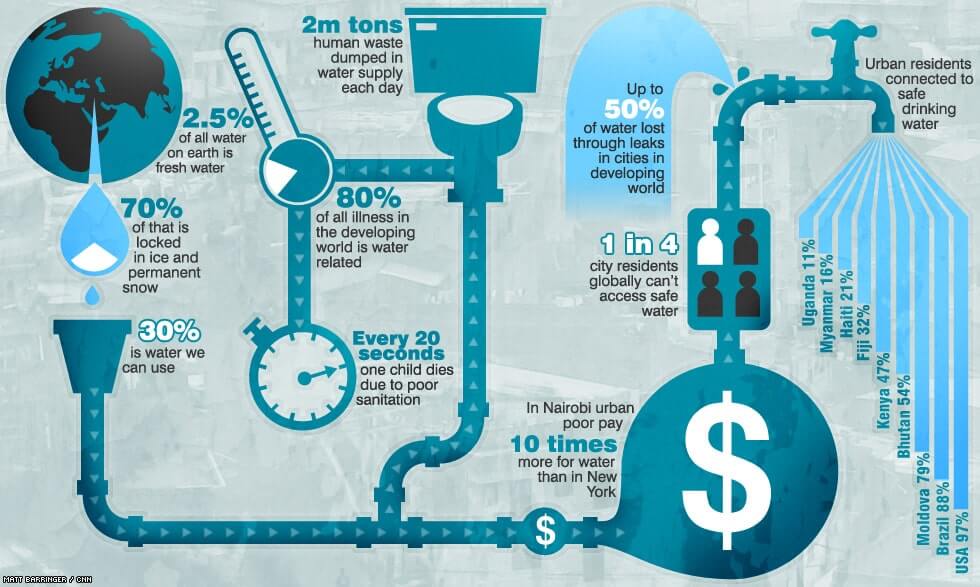The Future Of Home Home Heating - Just How Heatpump Technology Is Evolving
The Future Of Home Home Heating - Just How Heatpump Technology Is Evolving
Blog Article
Created By-Fraser Oliver
Heatpump will be an important technology for decarbonising home heating. In a situation consistent with federal governments' revealed energy and climate dedications, their global ability doubles by 2030, while their share in home heating rises to one-quarter.
They work best in well-insulated homes and rely on power, which can be supplied from a renewable power grid. Technical developments are making them much more efficient, smarter and more affordable.
mitsubishi heat pump tauranga utilize a compressor, refrigerant, coils and followers to move the air and warm in homes and appliances. They can be powered by solar energy or electricity from the grid. They have been acquiring popularity because of their low cost, silent procedure and the ability to create power throughout peak power demand.
Some firms, like IdaTech and BG MicroGen, are working on gas cells for home heating. These microgenerators can replace a gas central heating boiler and generate several of a home's electrical requirements with a connection to the electrical power grid for the rest.
However there are factors to be doubtful of using hydrogen for home heating, Rosenow states. It would be costly and ineffective compared to various other modern technologies, and it would add to carbon discharges.
https://windowandguttercleaning28406.qodsblog.com/29350717/are-warmth-pumps-one-of-the-most-efficient-heating-and-cooling-option-for-your-home-a-comparative-analysis and Connected Technologies
Smart home innovation permits homeowners to attach and regulate their tools from another location with the use of smart device apps. For mitsubishi air conditioner logo , wise thermostats can learn your home heating preferences and instantly adapt to enhance energy consumption. Smart illumination systems can be managed with voice commands and instantly turn off lights when you leave the space, reducing power waste. And wise plugs can check and manage your electric use, permitting you to determine and restrict energy-hungry devices.
The tech-savvy family depicted in Carina's meeting is a good picture of how passengers reconfigure space heating methods in the light of new wise home modern technologies. They depend on the devices' computerized functions to perform everyday modifications and regard them as a convenient means of performing their home heating methods. Therefore, they see no reason to adjust their methods even more in order to allow flexibility in their home power demand, and interventions focusing on doing so may face resistance from these homes.
Electricity
Since heating up homes accounts for 13% of US emissions, a switch to cleaner choices could make a big difference. But the technology encounters obstacles: It's costly and calls for comprehensive home renovations. And it's not constantly suitable with renewable energy sources, such as solar and wind.
Up until lately, electric heat pumps were too pricey to compete with gas designs in the majority of markets. But new technologies in layout and products are making them more affordable. And much better cold environment performance is enabling them to work well even in subzero temperature levels.
The next step in decarbonising heating might be using warmth networks, which draw warmth from a main resource, such as a neighboring river or sea inlet, and disperse it to a network of homes or buildings. That would lower carbon emissions and allow families to make the most of renewable energy, such as environment-friendly power from a grid supplied by renewables. This alternative would be less costly than changing to hydrogen, a nonrenewable fuel source that needs brand-new framework and would only reduce CO2 discharges by 5 percent if coupled with boosted home insulation.
Renewable Energy
As power rates drop, we're starting to see the very same pattern in home heating that has driven electrical automobiles right into the mainstream-- but at an also quicker speed. The solid environment case for electrifying homes has actually been pressed additionally by brand-new research study.
Renewables make up a substantial share of contemporary warm consumption, however have actually been provided minimal plan attention globally compared to various other end-use markets-- and even much less attention than electrical energy has. Partly, this mirrors a mix of customer inertia, split incentives and, in many nations, aids for fossil fuels.
New modern technologies can make the shift much easier. For example, heatpump can be made much more power effective by changing old R-22 cooling agents with brand-new ones that don't have the high GWPs of their precursors. Some specialists likewise picture district systems that draw heat from a nearby river or sea inlet, like a Norwegian fjord. The warm water can then be made use of for heating & cooling in a community.